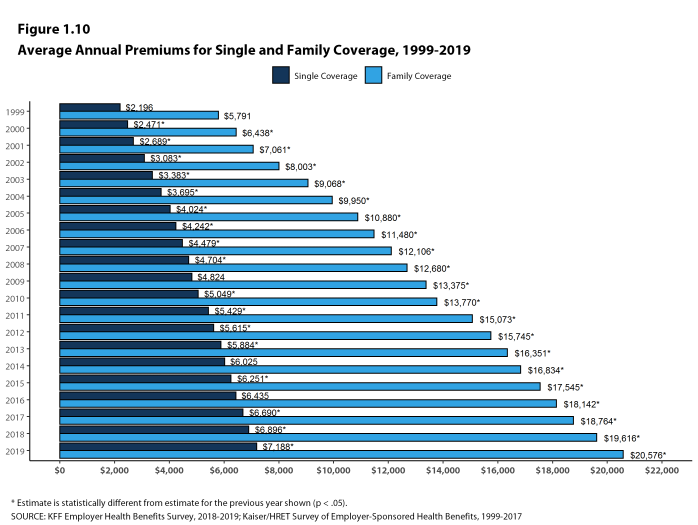Why should I participate in Direct Primary Care (DPC) if I already have insurance? How will it improve my care? How will it save me money?
First and foremost, we want you to have the health care that works best for you and your family. Your health care should be the best fit for both your physical health and financial health.
Why should I participate in DPC if I already have insurance?
That’s great if you have insurance because it can help cover care from specialists or catastrophic needs. DPC provides access to most all your primary care needs and takes a proactive approach to your health care. DPC provides quality health care with improved access to care, and can save money on health care costs. Even if you have great insurance and health care coverage that costs you little, the improved access, convenience and communication are valuable for your health.
How will this improve my care?
DPC allows you to access your health care provider as much as you want for one low monthly fee. Same-day or next-day appointments are available in person or via telehealth. Overall, accessing health care is simpler and more convenient.
How will this save me money?
DPC membership has been shown to save you money on your overall healthcare costs.1 Individuals ultimately save money because they are more proactive with their health.
Can I use DPC with my regular insurance plan?
Yes! You can use DPC by itself or in addition to your regular insurance plan. DPC often pairs well with high-deductible health plans. Each year the IRS sets the costs for deductibles in the high-deductible health plans. For 2020, the deductible (out of pocket costs) for an individual ranged from $1,400 – $6,900; and for a family the range was $2,800 – $13,800.3 Meaning some families would need to pay up to $13,800 out of pocket.
How does the DPC membership fee compare with deductibles from a high-deductible health insurance plan?
The chart below shows the average deductible (out of pocket) costs for a high-deductible health plan3 compared to Vibrance membership costs. If you have an insurance plan your out of pocket costs may vary depending on your plan.
| Coverage Type | High Deductible Plan (Annual Out-of-pocket) | Vibrance Membership (Annual Out-of-pocket) |
Single | $4,150.00 | $1,200.00 |
Family | $8,300.00 (family of 3+) | $2,760.00 (family of 3) $3,360.00 (family of 4) $3,600.00 (family of 5+) |
Can I participate in DPC if I have Medicaid?
Yes – you can participate at Vibrance Family Health + Care. You would participate in your Medicaid program as usual and also pay the monthly DPC membership fee. For more information about Medicaid visit the Nebraska State Medicaid website.
Can I participate in DPC if I have Medicare?
Yes – you can absolutely join Vibrance Family Health + Care. Katie Peters, APRN, has ‘opted out’ of Medicare, which allows her to take care of Medicare individuals within the DPC membership. We do not send bills to Medicare for any of the services at Vibrance, but we can still order your prescriptions, referrals, tests and medical equipment through Medicare.
Can I participate in DPC if I have Tricare?
No, we are not able to care for individuals with Tricare at this time.
Increasing Health Care Insurance Costs
Many Americans continue to struggle with the cost of health care, which has a significant impact on the family budget. In 2019, the average insurance premium for a family of four cost $20,000, and the average cost for single coverage was $7,000.2 Over the past 10 years, deductibles have risen approximately 162% with family insurance premiums increasing 54%. The graph below shows the rise in health care premiums over the past 20 years.

More Information
How can I find an insurance plan to pair with my DPC membership?
You can pair your DPC membership with any insurance plan. To find an insurance plan that works best for you:
- Visit with your employer about what employer-sponsored plan may work best. (Typically, high-deductible plans pair well).
- Visit with your insurance agent.
- Check with the marketplace by visiting HealthCare.gov.
- Some individuals find that the Christian health care sharing ministries programs also pair well with DPC.
References
- Society of Actuaries, 2020, “Direct Primary Care: Evaluating a New Model of Delivery and Financing.” https://www.soa.org/globalassets/assets/files/resources/research-report/2020/direct-primary-care-eval-model.pdf
- Kaiser Family Foundation, Sept. 25, 2019, “2019 Employer Health Benefits Survey.” https://www.kff.org/report-section/ehbs-2019-section-1-cost-of-health-insurance/
- Centers for Medicare & Medicaid Services, “High Deductible Health Plan,” retrieved Nov. 8, 2020, from https://www.healthcare.gov/glossary/high-deductible-health-plan/
